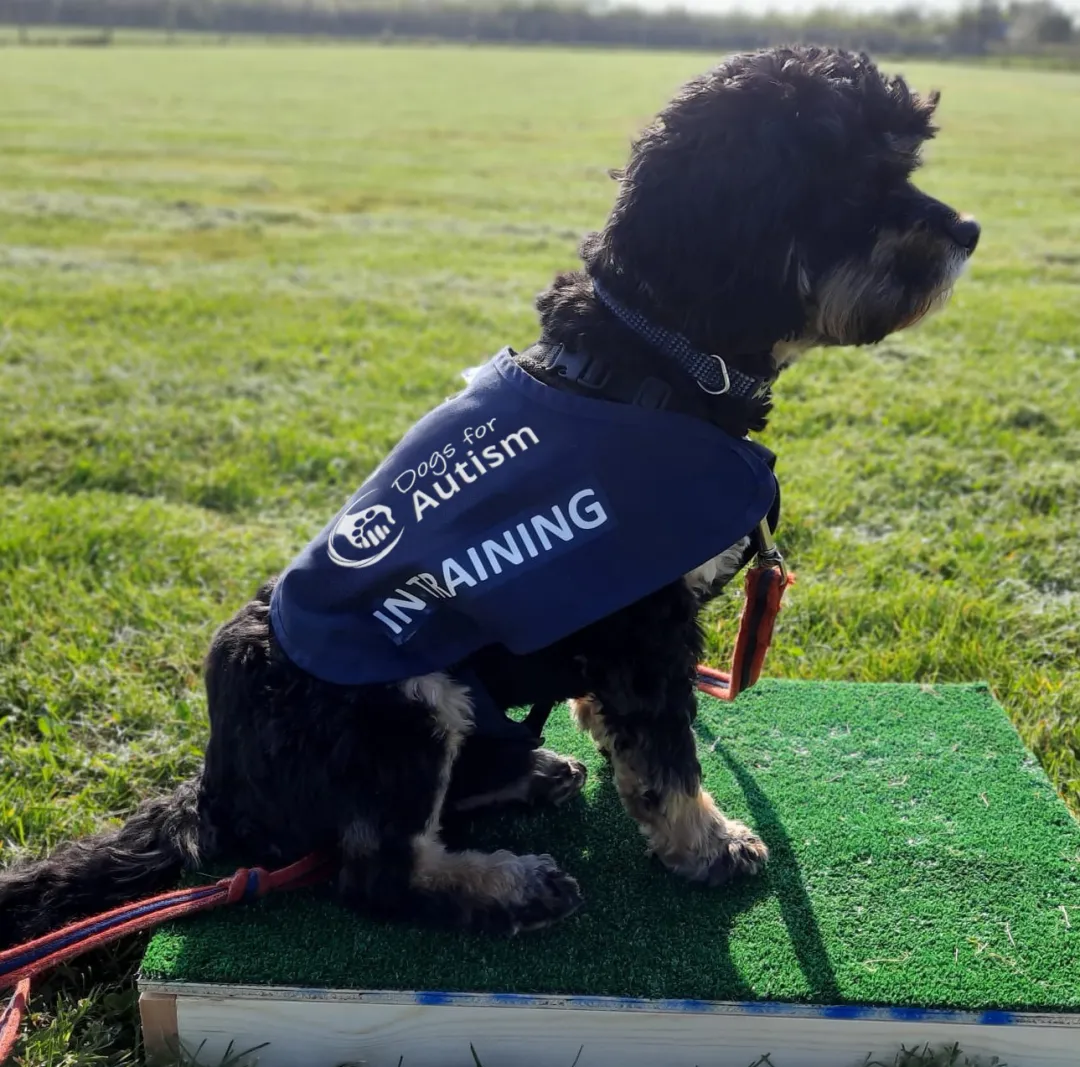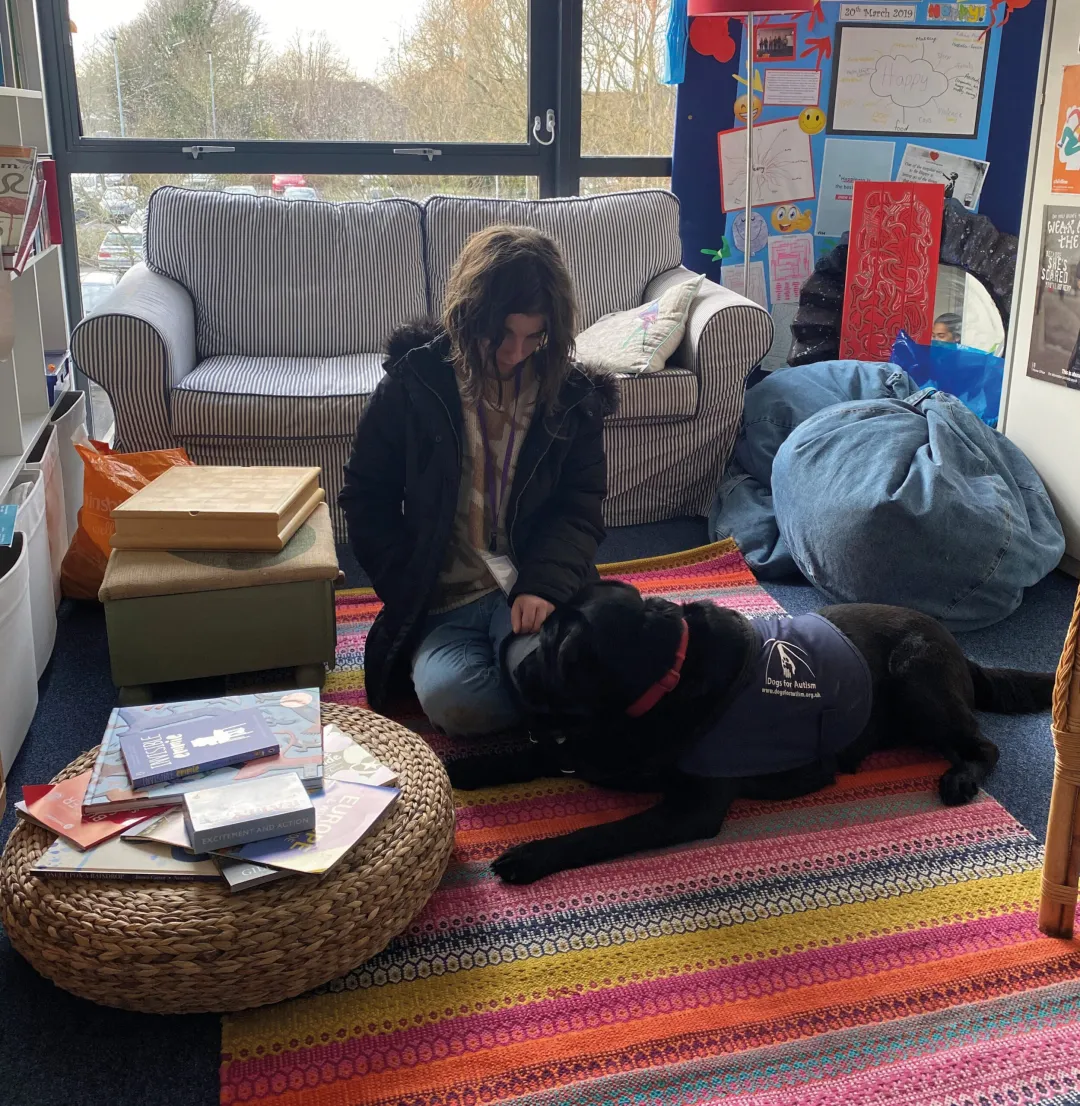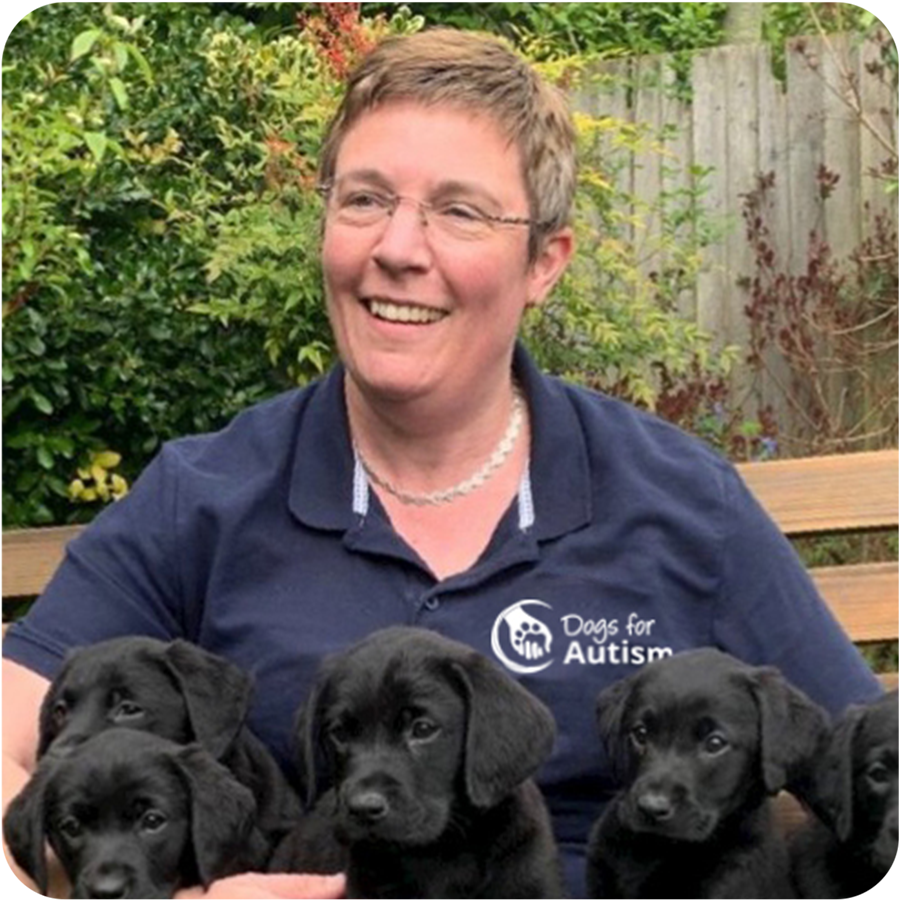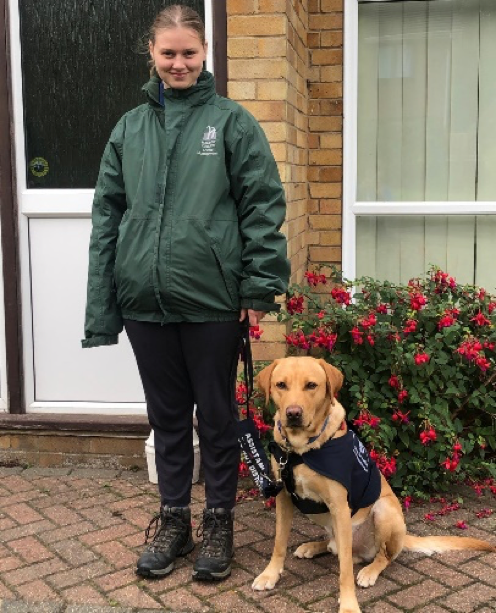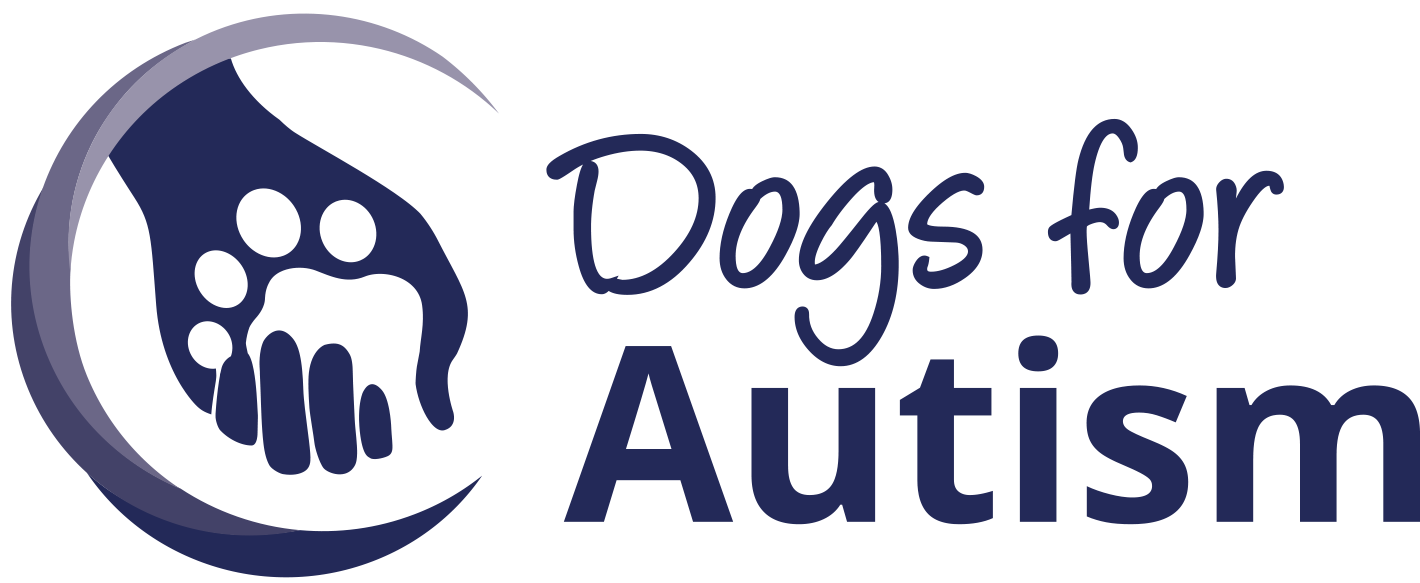We are here to help
Autism has life-time consequences with a range of impacts on the health, economic wellbeing, social inclusion and quality of life of autistic individuals and their families.
Autism affects people worldwide, irrespective of race, gender, ethnicity or socio-economic status.
A greater percentage of the population than ever before are now being identified as autistic (latest estimates put the UK figure at 1 in 100, which equates to around 700,000 people, of whom approximately half also have a learning disability).
2.8 million people
This means that autism is a part of daily life for at least 2.8 million people in the UK (National Autistic Society (NAS), 2019).
According to the NAS (2020), only 16% of autistic adults in the UK are in full-time paid employment, and only 22% are in some kind of paid work, despite the majority wanting work. The costs of such under-employment in the autistic adult population include:
Although autism itself is not a mental health condition, mental health issues are common in the autistic population. Research suggests:
These figures demonstrate the potential benefits to autistic individuals, their families, and wider society, that might be achieved with investment in appropriate interventions and supports. One such intervention is the provision of autism assistance dogs.
Our dogs can
Enable children and young people to access education:
‘Thanks to Lily’s healing ability my daughter has just been put on roll at a school for the first time in 4 years! She has started with a new post 16 education centre which is split into online home sessions, as well as small group sessions two days a week in the centre. This has only been achieved because of Lily and her ability to calm my daughter and support her so thank you’.
“The best part about having Lilly is I feel like I have a real friend for life. I used to feel really alone to a point where going into uni became difficult for me. But having Lilly come in with me has given me the confidence to able to attend and participate in lectures and seminars and interact with the other people on my course. She is also able to keep me calm when I’m not in a good mood or if I’m late or if someone is sat in my normal space. Where I would not go in or leave the room, Lilly has helped me to stay focus and reassure me that everything is OK.”
Increase access to public spaces
Many autistic people find busy public spaces overwhelming.
Parents often report that taking their autistic children out with them is an incredibly stressful experience and sometimes impossible, meaning they live more socially isolated lives.
Having the consistency of a DfA assistance dog by their side can help our families transition in and out of different environments with less difficulty, opening up opportunities and enabling more community inclusion.
Provide safety in the outside world
Some autistic children have a poor sense of danger and will run away or ‘bolt’ when they become overwhelmed by their immediate environment.
This can happen very quickly and often without warning. Some of these children feel too old to hold their parent’s hand, or don’t like the sensory feeling of being held. For these parents, often the safest way to be out in public with their child is to use a large buggy or wheelchair.
Where it is considered appropriate for dog and child, our dogs can be trained to be tethered using ‘tummy lead’. This special lead attaches the child, by their waist, to their dog’s harness, which also provides a handle for the child to hold.
The dog then acts as a physical anchor, should the child start to bolt, keeping them safe and within reach for those few seconds it takes their parent to establish control of the situation.
A second lead is held by the adult, who remains in charge of the dog, whilst the harness handle gives the child a feeling of independence and ownership.
This connection to their dog can often have a ‘grounding’ effect on the child, meaning the likelihood of them becoming overwhelmed and needing to bolt is also reduced.
Encourage communication, turn-taking and language development
Our dogs can play communication games which encourage social engagement, motivate speech and language efforts and can build a person’s social confidence.
‘We first met Luna several weeks ago and we really enjoy her weekly visits. We have been amazed at how quickly Zana has started to interact and she even threw a ball for Luna on her first visit – this may seem like a trivial task, but for Zana this is a big deal and is a game she struggles to play, even with a familiar adult! It is really early days on our learning journey with Luna, but we are very confident that the future is bright. We are sure that the right assistance dog will greatly enhance Zana’s quality of life, as well as bringing love and joy for the whole of our young family. But I think Zana has already said all we needed to know as, only a few weeks ago, she said her second ever proper word – and that was “Luna”.’
Improve access to chosen communities and help with making connections
Some autistic people are content to be alone, but others wish to make connections and establish relationships with their peers and people in their communities.
Difficulties with social interaction and language, initiating conversations, reading social cues, and understanding social norms can mean that autistic people are rejected or overlooked in social situations, especially as, for many, their differences are hidden and thus their attempts at interaction often misunderstood.
Being partnered with an autism assistance dog can help others to recognise and understand that an individual is different.
Assumptions about unusual or socially inappropriate behaviours are challenged, and often people become more willing to engage and listen.
Dogs are also people magnets. They reduce the need for initiating small talk and provide a focus for genuine, positive interactions
